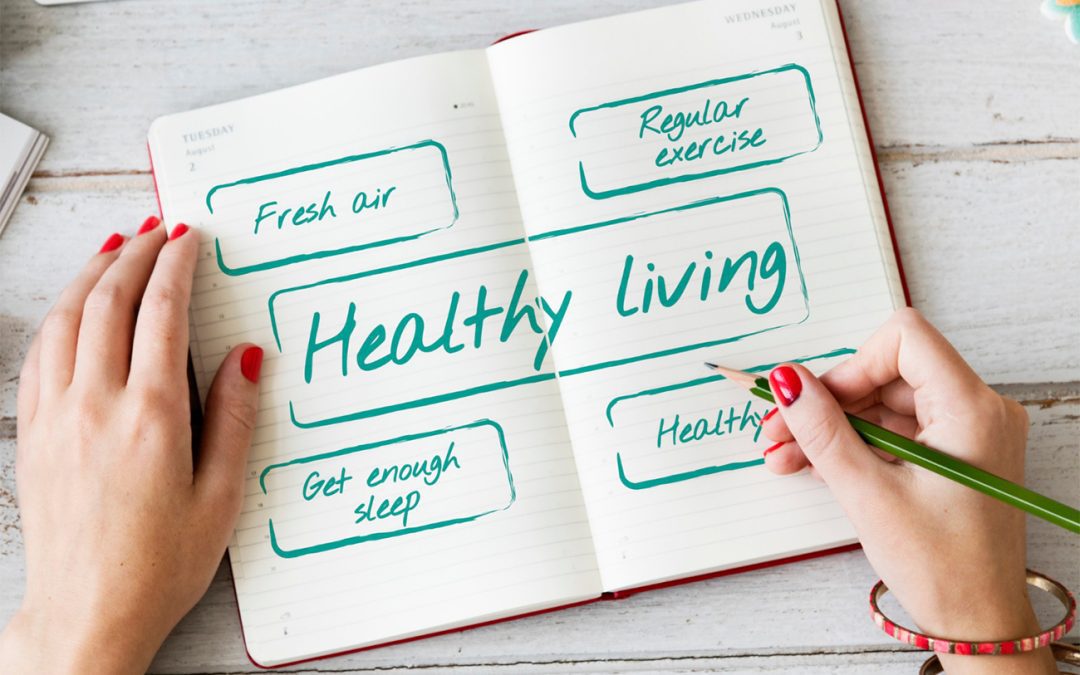It is more important than ever to prioritize our well-being in the fast-paced world of today. Achieving mental and physical well-being in balance fosters mental fortitude and clarity in addition to improving our physical health. There are many methods to start down the path to holistic wellbeing, whether it is by cultivating good habits, encouraging physical fitness, or engaging in mindful activities. Here are some doable suggestions to help you lead a happier and more satisfying life by enhancing your physical and mental well-being.
Mind Wellness
Practice mindfulness. Mindfulness is the practice of purposefully paying attention to the present moment without judgment. By cultivating awareness of thoughts, sensations, and emotions, mindfulness promotes clarity, reduces stress, and enhances overall well-being.
Cultivate positive relationships. Cultivating positive relationships helps in nurturing connections with supportive individuals who contribute to your well-being. These relationships provide emotional support, foster a sense of belonging, and enhance overall happiness and resilience.
Set realistic goals. Setting realistic goals covers breaking down larger aspirations into achievable steps. This approach helps maintain motivation, track progress effectively, and fosters a sense of accomplishment and satisfaction.
Limit screen time. Limiting screen time includes reducing the amount of time spent on digital devices such as phones, computers, and TVs. Doing so can improve sleep quality, reduce eye strain, and promote more meaningful offline interactions.
Learn something new. Learning something new helps you in engaging in activities that expand knowledge and skills. Whether it’s acquiring a new hobby, language, or area of expertise, continuous learning stimulates the mind, fosters creativity, and promotes personal growth.
Body Wellness
Exercise regularly. Exercising regularly includes engaging in physical activities such as cardio, strength training, or yoga on a consistent basis. It promotes physical fitness, boosts mood through endorphin release, and supports overall health and well-being.
Prioritize sleep. Prioritizing sleep can establish a consistent bedtime routine and ensure adequate hours of rest each night. Quality sleep supports physical and mental health, enhances cognitive function, and improves overall well-being.
Eat a balanced diet. Eating a balanced diet involves consuming a variety of foods that provide essential nutrients, vitamins, and minerals in appropriate proportions. This includes whole grains, lean proteins, fruits, vegetables, and healthy fats. A balanced diet supports optimal physical health, energy levels, and overall well-being, while reducing the risk of chronic diseases.
Stay hydrated. Staying hydrated requires maintaining an adequate intake of fluids, primarily water, throughout the day. Proper hydration supports bodily functions such as digestion, circulation, temperature regulation, and nutrient transport. It helps maintain overall health, cognitive function, and physical performance, while promoting clear skin and reducing the likelihood of dehydration-related issues.
Practice relaxation techniques. Practicing relaxation techniques covers engaging in activities such as deep breathing, progressive muscle relaxation, yoga, or meditation to promote physical and mental relaxation. These techniques help reduce stress levels, alleviate muscle tension, improve sleep quality, and enhance overall well-being by fostering a sense of calm and inner peace.
Overall Wellness
Manage stress. Managing stress covers adopting strategies to cope with challenges and pressures effectively. This may include techniques such as time management, problem-solving, exercise, relaxation methods, and seeking social support. Effective stress management enhances resilience, promotes mental clarity, and supports overall well-being by reducing the negative impact of stress on physical and mental health.
Stay connected. Staying connected can maintain meaningful relationships with friends, family, or community groups. It fosters a sense of belonging, emotional support, and strengthens social bonds. Regular social interaction promotes mental and emotional well-being, reduces feelings of loneliness, and contributes to a healthier overall lifestyle.
Practice gratitude. Practicing gratitude is intentionally focusing on and appreciating the positive aspects of life, both big and small. It cultivates a mindset of thankfulness and acknowledgment for the good things, experiences, and people in one’s life. Regularly practicing gratitude has been shown to enhance overall well-being, increase resilience to stress, and improve relationships by fostering a more positive outlook and attitude.
Seek professional help when needed. Seeking professional help when needed includes consulting healthcare providers or mental health professionals for guidance and support when facing physical, emotional, or psychological challenges. It acknowledges the importance of expert assistance in addressing specific issues, managing symptoms, and promoting overall well-being. Doing so facilitates personalized treatment plans, access to resources, and can lead to improved health outcomes and quality of life.
By integrating these tips into your daily life, you can nurture a harmonious relationship between your mind and body. Remember, small, consistent efforts compound over time to create significant improvements in overall well-being. Whether you’re aiming to reduce stress, enhance physical fitness, or simply live a healthier lifestyle, these practices offer a foundation for lasting wellness. Embrace these tips as a pathway to a more balanced and fulfilling life, where your mind and body thrive in harmony.

